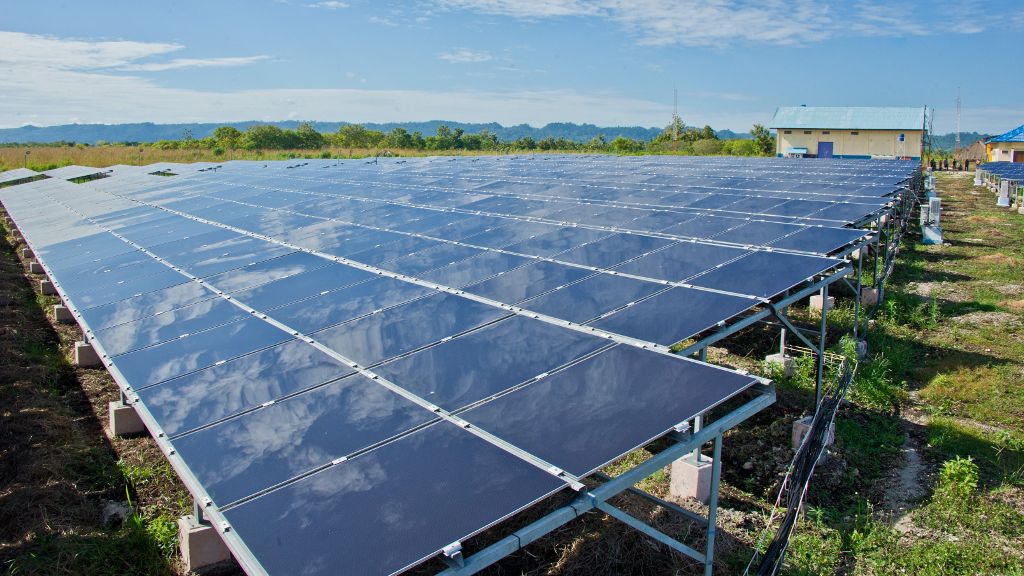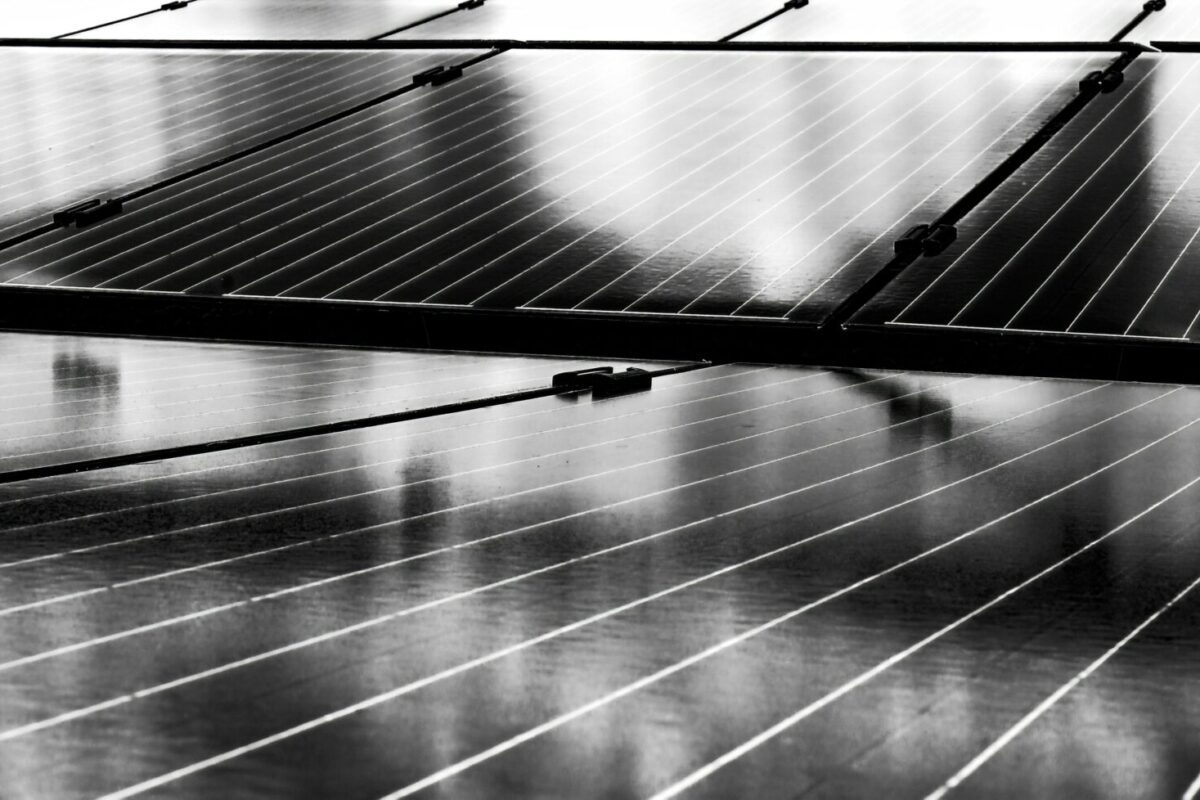The 21 MW PV plant in question is the first utility scale project financed by the Asian Development Bank (ADB). The bank provided $40 million of private sector financing and additional trust funds from the Leading Asia’s Private Infrastructure Fund (LEAP) and Canada's Climate Fund for the Private Sector in Asia II (CFPS II) as part of the second phase of the ADB's plan to further develop renewables in Indonesia.
The first phase, signed in December, consisted of a 72 MW wind power plant in Jeneponto, South Sulawesi. The ADB’s financing package to PT Energi Bayu Jeneponto, a subsidiary of Vena Energy, totaled USD$120.8 million, including financing from two trust funds administered by the ADB – the LEAP and the CFPS II.
The second phase of the bank's renewables investment drive – which achieved first drawdown today – comprises a 21 MW PV power plant in Likupang, North Sulawesi and three 7 MW plants in Pringgabaya, Selong, and Sengkol, all located in Lombok, West Nusa Tenggara. The ADB financing package totaled USD$40.2 million to four subsidiaries of Vena Energy. The second phase of the initiative also involves the administration of loans from the LEAP and CFPS II funds. All the renewables projects will supply energy to Perusahaan Listrik Negara (PLN), Indonesia's national power utility.
“Indonesia has made a strong commitment to renewable energy, pledging to leverage the country’s considerable solar and wind energy resources to take renewables to 23% of Indonesia’s overall energy mix by 2025,” said Vena Energy Chief Executive Mr Nitin Apte. “Vena Energy is leveraging our regional project development track record, technical capabilities, and economies of scale to generate low-cost clean energy to support the government initiative, as well as create employment opportunities and drive economic growth in local communities.”
Financing obstacles such as low tariffs and high interest rates have been an inhibiting factor for the development of PV in many emerging nations. In its statement, the bank highlighted the importance of CFPS II loans to enable private sector aspirations to further unlock PV’s potential in emerging markets by overcoming the hurdles imposed by limited resource financing.
“By supporting a sector-changing financing for renewable energy, with an innovative portfolio approach, ADB and Vena Energy have been able to add over 114 MW of clean energy to Indonesia’s electricity grid while helping reduce the country’s dependence on fossil fuels and promoting renewable energy development,” said Jackie B. Surtani, Director for Southeast Asia, East Asia, and the Pacific at the infrastructure finance division of the ADB's private sector operations department.
CFPS II was established in March 2017 with an approximately USD$150 million contribution from the Government of Canada to support greater private sector participation in climate change mitigation and adaptation projects and to promote gender equality and the empowerment of women and girls in projects supported by the fund.
In January 2017, Indonesia’s Ministry of Energy and Mineral Resources (MEMR) issued Ministerial Decree No 12/2017, which enabled feed-in tariffs for renewable projects to be brokered between Indonesian utility PLN and IPPs, rather than through the national government. It was said the government had sought to improve investment options in renewables projects by designing the market in a more conducive way.
The wider use of solar PV can help Indonesia to meet its electricity demand, which in a nation including more than 17,000 islands has been hard to achieve. Off-grid and microgrid solutions based on diesel generators are widespread. With improved financing however, PV is now reportedly cheaper than diesel generation.
This content is protected by copyright and may not be reused. If you want to cooperate with us and would like to reuse some of our content, please contact: editors@pv-magazine.com.




By submitting this form you agree to pv magazine using your data for the purposes of publishing your comment.
Your personal data will only be disclosed or otherwise transmitted to third parties for the purposes of spam filtering or if this is necessary for technical maintenance of the website. Any other transfer to third parties will not take place unless this is justified on the basis of applicable data protection regulations or if pv magazine is legally obliged to do so.
You may revoke this consent at any time with effect for the future, in which case your personal data will be deleted immediately. Otherwise, your data will be deleted if pv magazine has processed your request or the purpose of data storage is fulfilled.
Further information on data privacy can be found in our Data Protection Policy.